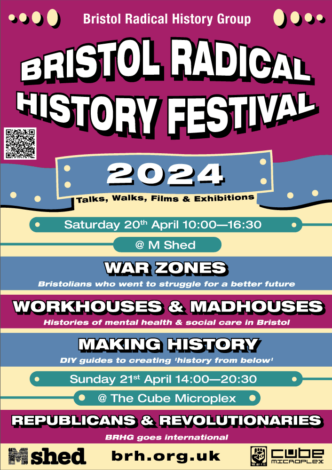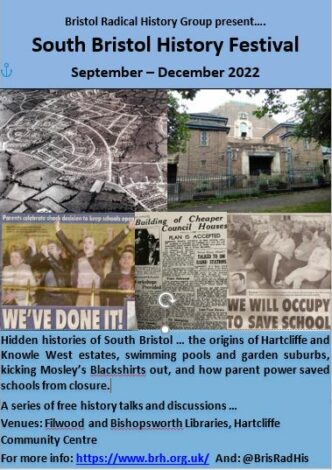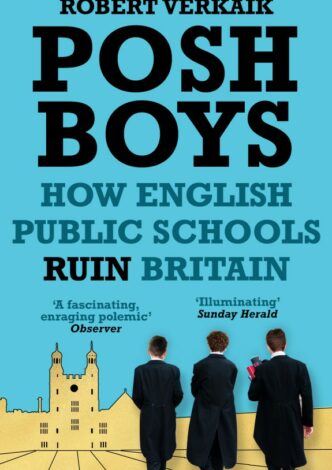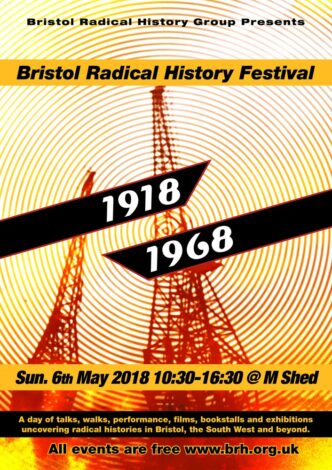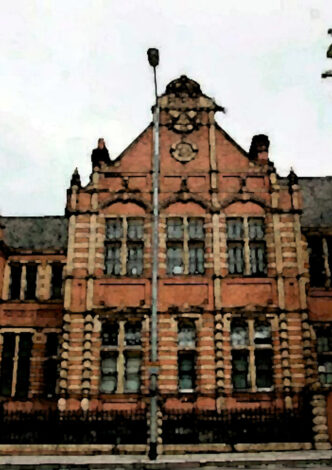7.00pm, Weds 7th December, Bishopsworth Library, Bishopsworth Rd, Bristol BS13 7LN In October 2000, Bristol City Council announced that it was considering shutting Gay Elms and Whitehouse primary schools, because in its view there were too many surplus school places in the Withywood and Hartcliffe areas. Sally Miewa, acting head of Whitehouse primary and Jackie Ball, chair of Gay Elms’ Parents Teachers Association expressed shock and anger on hearing the news and immediately began to organise […]
If the reader has had a public school education then this book is probably ‘a huge enjoyable read’ as recommended by one reviewer, on the other hand if the reader is a member of the majority of the British population who have not had the same educational advantage of the public school, then they are more likely to agree with the reviewer who labelled this book as ‘an enraged polemic’, and to empathise totally with the author. The history of public schools is described from the fourteenth century […]
Join collective bread, print & roses on a tour through Bristol’s radical past, present and future. Together we will bring to life the city’s dissenting history, its rich tradition of self-help and mutual aid, from the intellectual and political ferment of radical taverns, to pamphleteering, popular education collectives, the neo-liberal assault on education today and the radicalising impact of the UCU strike and ask what kind of education we need for all our futures.
Introduction On 11th November 2017 Colston's Girls’ School (CGS) announced that they would not be changing the name of the school, despite its associations with Edward Colston, the Bristol merchant who both organised and profited from the transatlantic slave trade. Colston was a major investor, manager and then deputy-governor of the Royal African Company (RAC) which held a monopoly over the West African slave-trade in the seventeenth century.] During Colston’s time managing and then leading the […]
